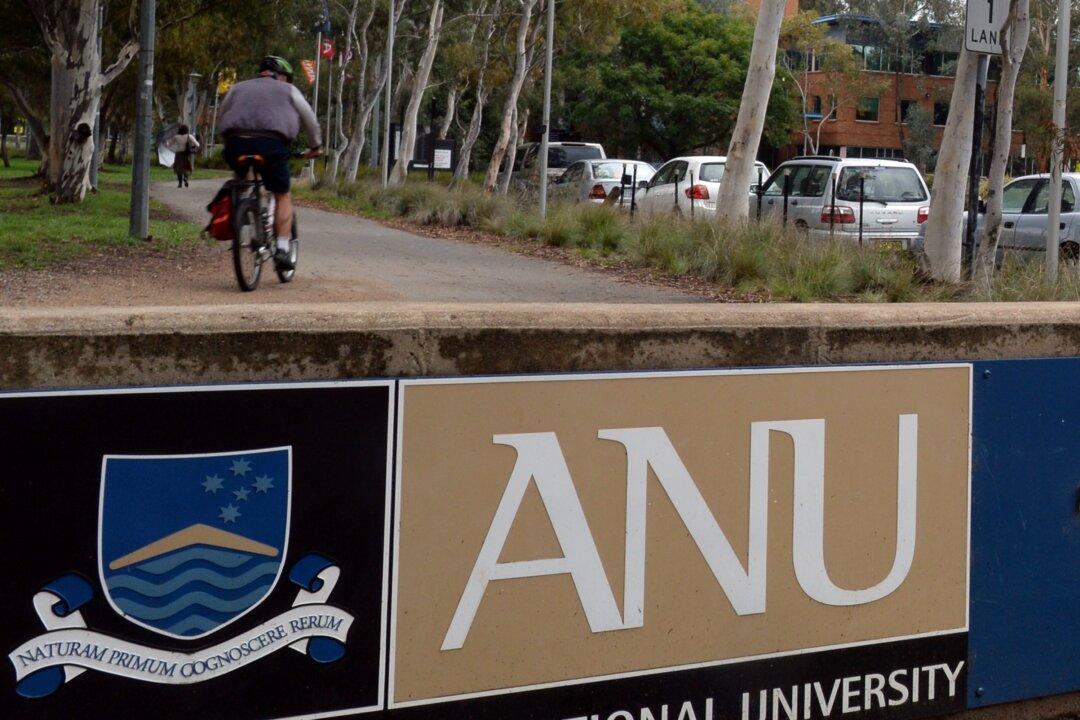With the Senate inquiry into the federal government’s controversial legislation to cap international student numbers in Australia scheduled for this week, Australian universities say these caps will result in significant revenue and job losses, with adverse effects on the broader economy.
A new report by the Australian National University’s (ANU) Migration Hub argues that with nine migration changes already implemented and a tenth to follow, the government has done enough to achieve population moderation.





